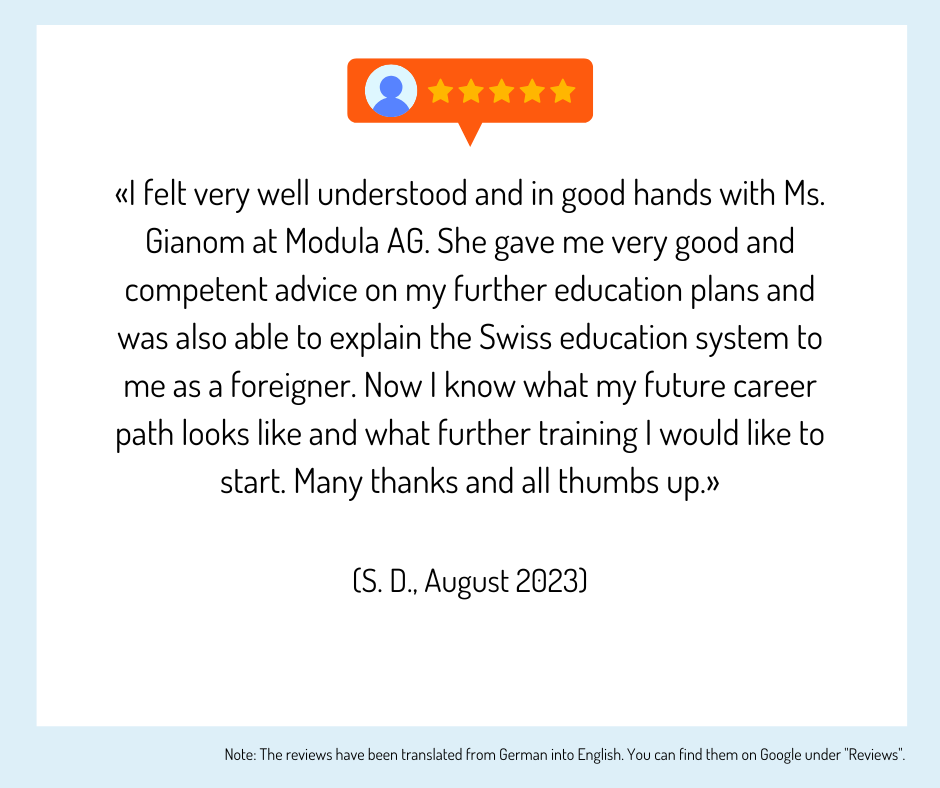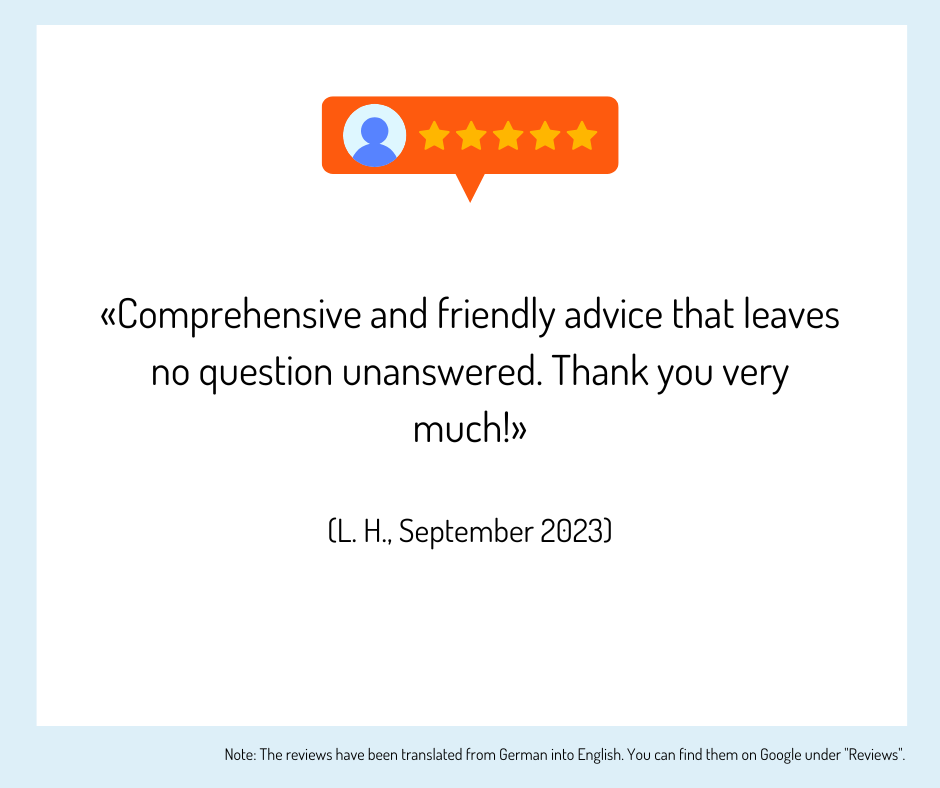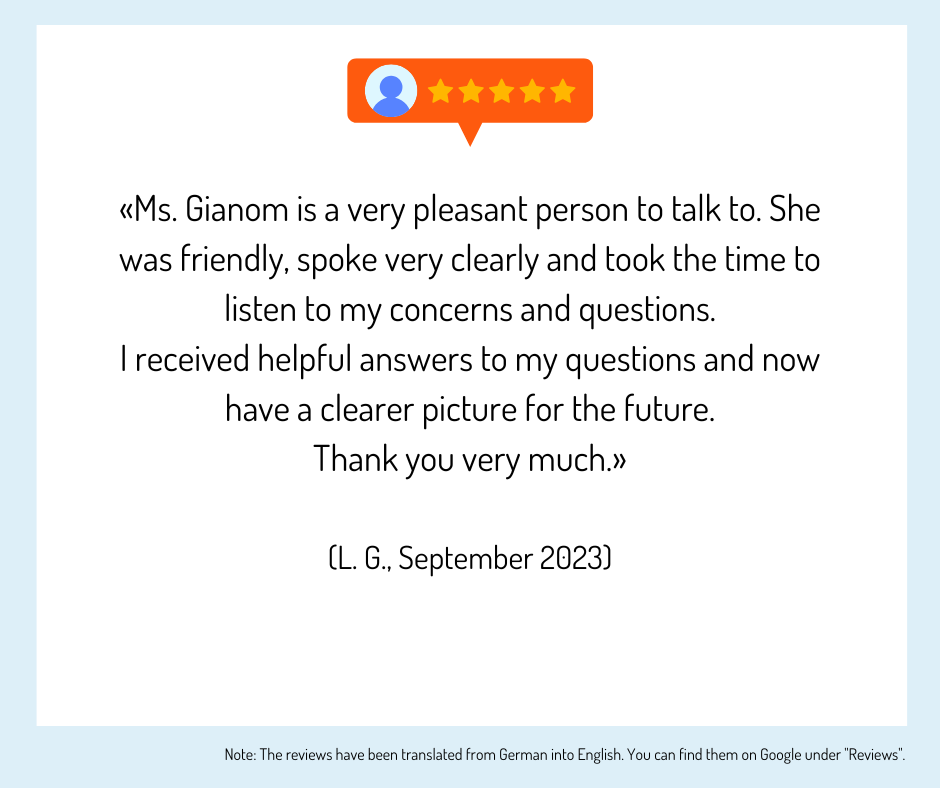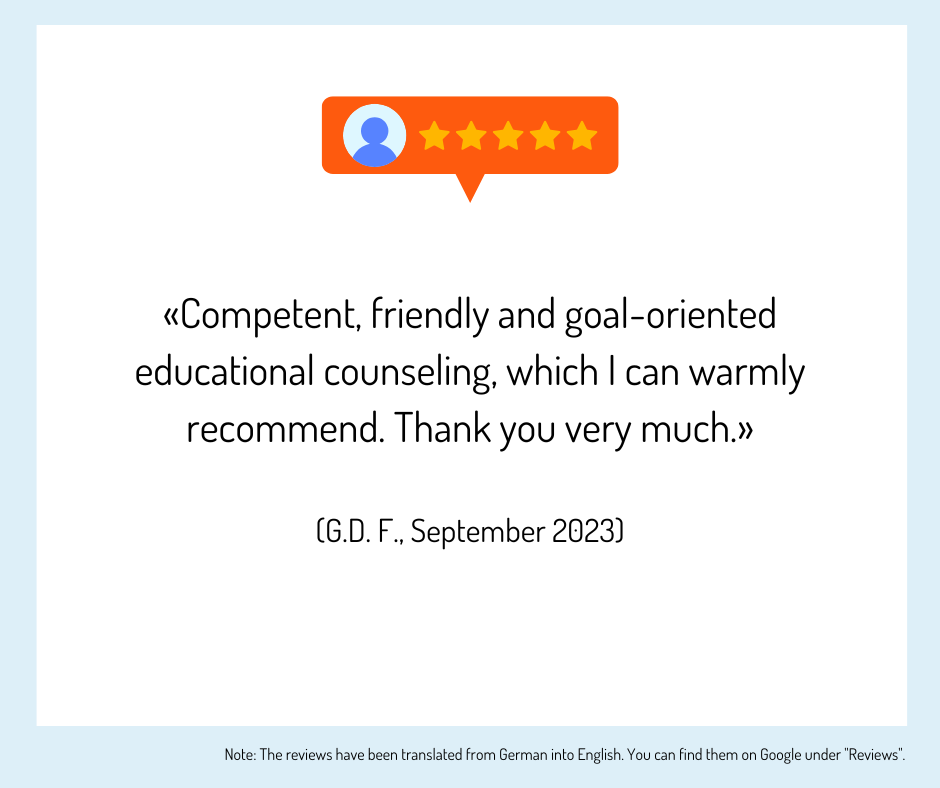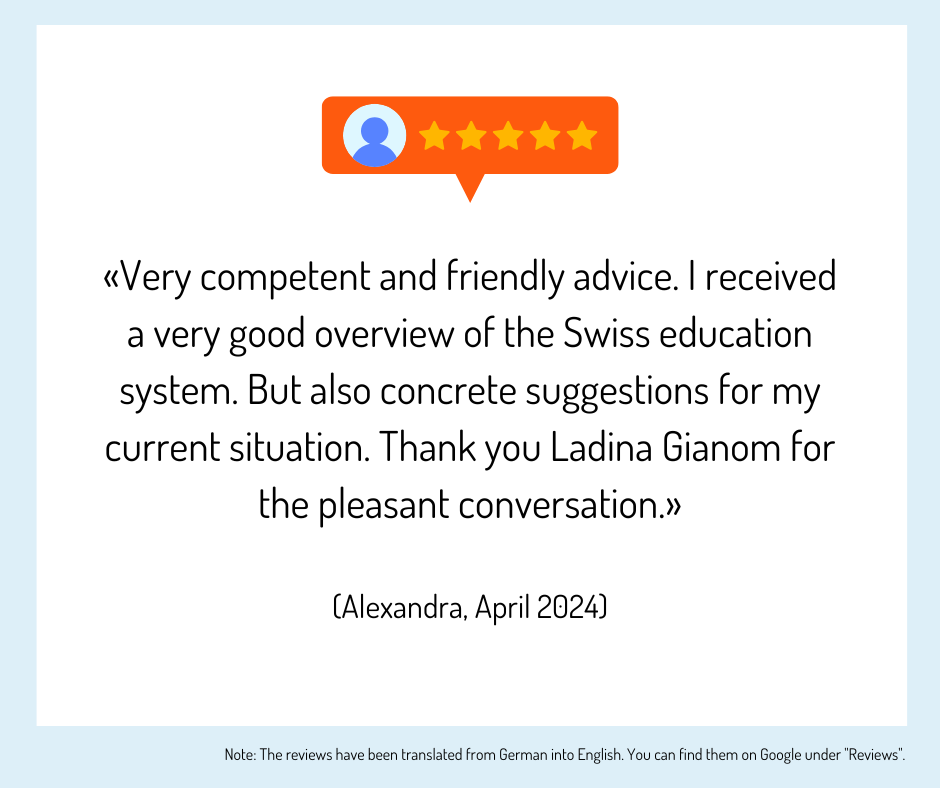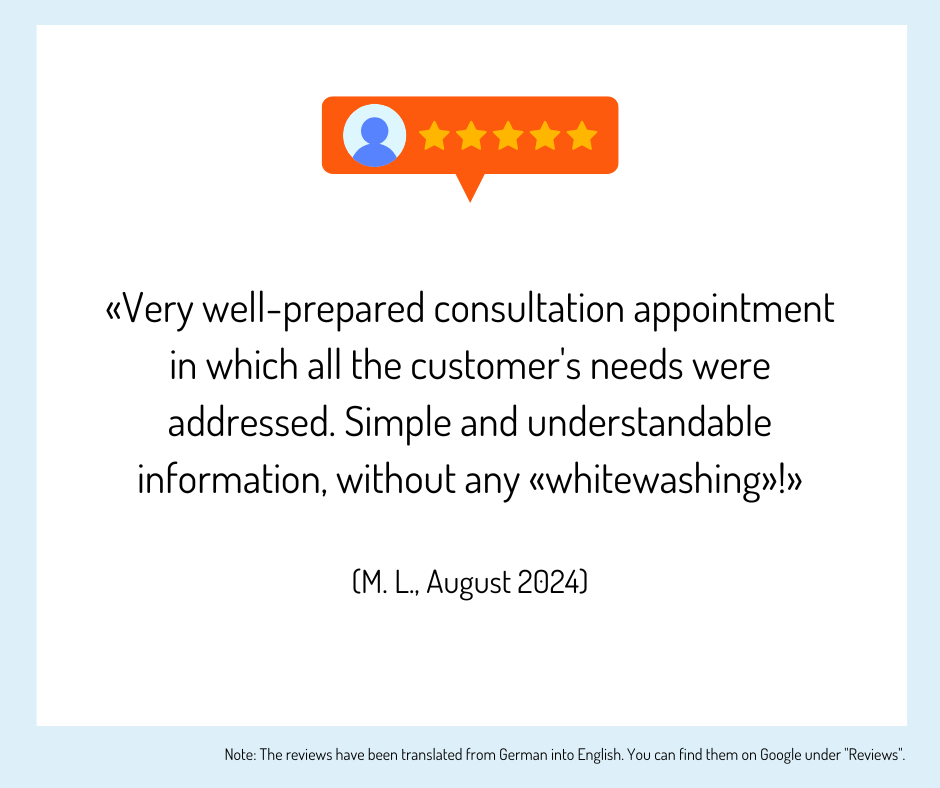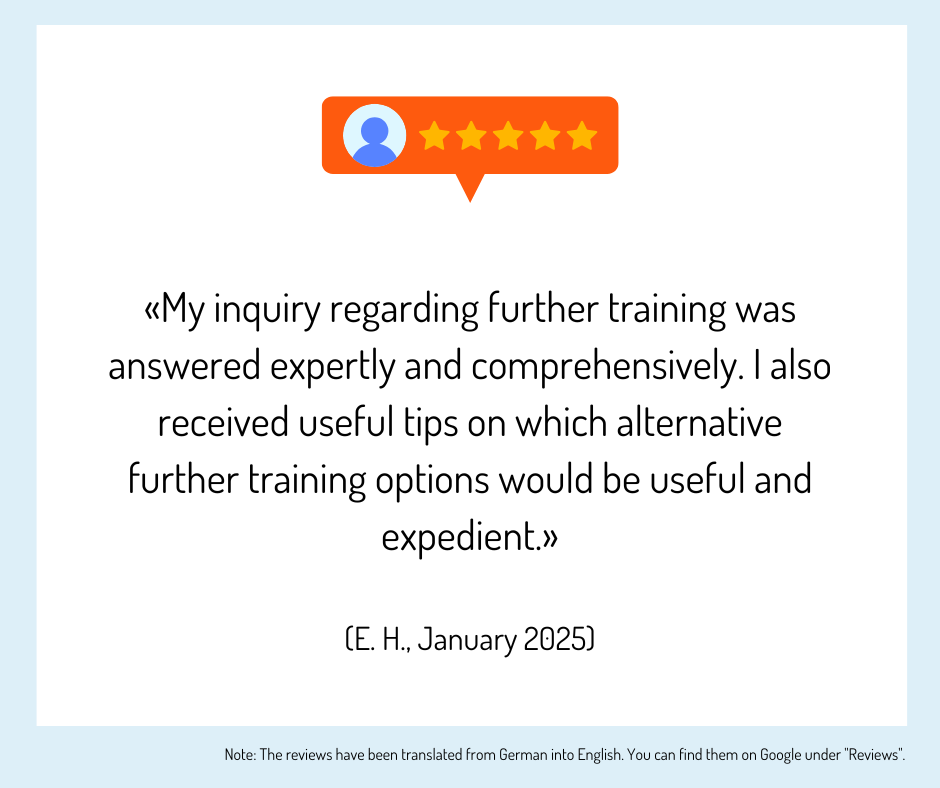Mindfulness in everyday life: courses, training, further education, schools
Tipps und Entscheidungshilfen für die Ausbildungswahl
Questions and answers
Mindfulness in everyday life - who is it suitable for?
Mindfulness in everyday life is suitable for everyone, regardless of gender, age, health or spiritual/religious orientation.
In fact, the method of being mindful is a universal form of inner attitude. Although this is an important element of many traditions with a spiritual or religious basis, it is considered neutral in itself.
What does mindfulness help with in everyday life?
Mindfulness in everyday life and daily mindfulness exercises can lead to lasting relaxation. The respective exercises do not work through thinking, but through perception and letting go. Mindfulness helps with:
- For depression
- In case of stress
- For anxiety disorders
- For eating disorders
- For burnout
- For pain
- For skin diseases
- For cancer
- For HIV
- For addiction problems
Mindfulness exercises in everyday life do not make complaints such as chronic pain go away, but by approaching them from a different perspective, their agonizing effect can be reduced.
What does mindfulness mean in everyday life?
Mindfulness can be easily integrated into everyday life with the right mindfulness exercises. It is not necessary to change your daily routine or learn complicated techniques.
Mindfulness can be practiced as soon as you get out of bed. Instead of hastily jumping out of bed, you could, for example, lie down for a few minutes longer and consciously perceive the impressions around you. This awareness can also be practiced when commuting on the train or bus. At work, you can also treat yourself to a few minutes of mindfulness and relaxation by consciously noticing what is happening around you, regardless of what comes to mind - the main thing is that you can let go of your thoughts about your job for a moment. In the evening, you could also take a few minutes to let go of the day completely, without judgment.
Who is a mindfulness course, training or further education aimed at?
The target group of a mindfulness course, training or further education can basically include educators, teachers, theologians or coaches, but also managers from various industries as well as people who want to get to know the values of mindfulness in order to be able to pass them on.
What does MBSR have to do with mindfulness?
The abbreviation MBSR stands for "Mindfulness-Based Stress Reduction", which can be translated as follows: Stress management through mindfulness.
MBSR is an 8-week course developed by Prof. Jon Kabat-Zinn in 1979, the effects of which on mental and physical well-being have been scientifically proven.
The focus of the MBSR week course is on promoting mindfulness. This means being aware of the present moment without getting lost in thoughts, judgments, worries and fears. With regular mindfulness exercises, you can practice consciously dealing with everyday stress, which contributes to a better quality of life. Such mindfulness exercises are also an important part of the MBSR week course.
Erfahrungen, Bewertungen und Meinungen zur Ausbildung / Weiterbildung
Haven't found the right training or further education yet? Benefit from educational advice now!
Further training is not only important in order to maintain or increase professional attractiveness, investing in training or further training is still the most efficient way to increase the chances of a pay rise.
The Swiss education system offers a wide range of individual training and further education opportunities - depending on your personal level of education, professional experience and educational goals.
Choosing the right educational offer is not easy for many prospective students.
Which training and further education is the right one for my path?
Our education advisory team will guide you through the "education jungle", providing specific input and relevant background information to help you choose the right offer.
Your advantages:
You will receive
- Suggestions for suitable courses, seminars or training programs based on the information you provide in the questionnaire
- An overview of the different levels and types of education
- Information about the Swiss education system
We offer our educational counseling in the following languages on request: French, Italian, English
Register now and concretize your training plans.
